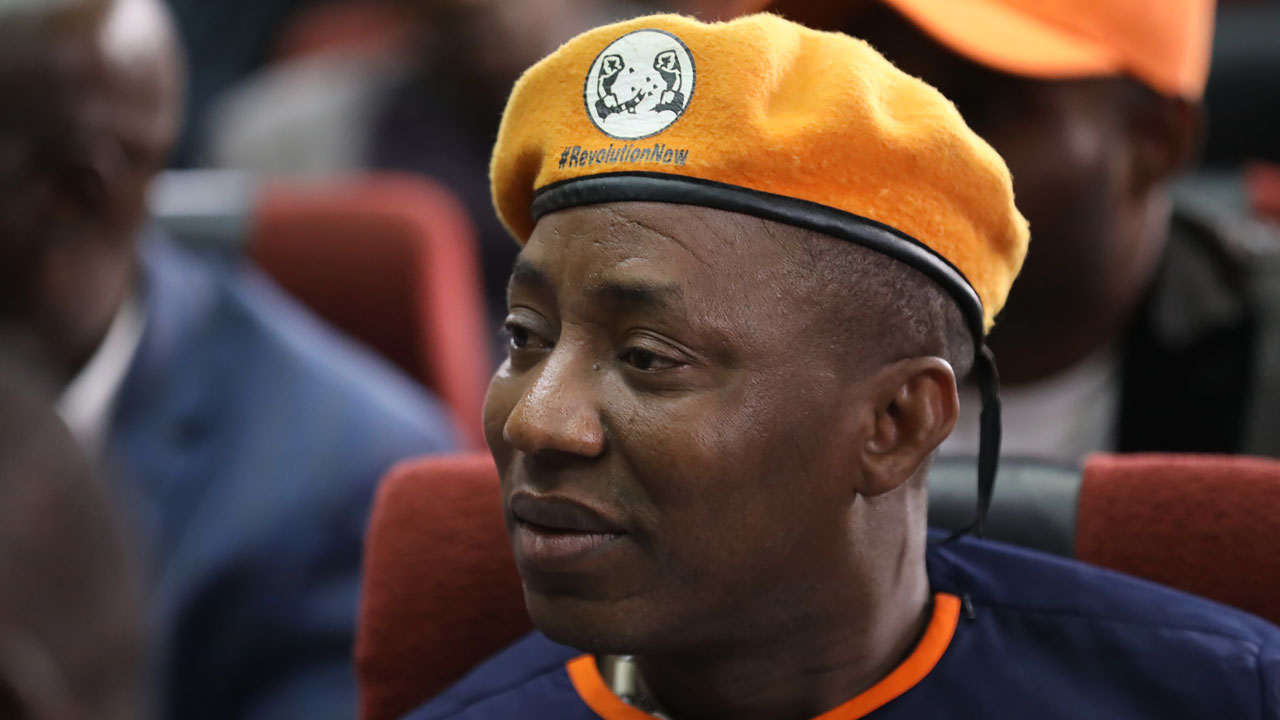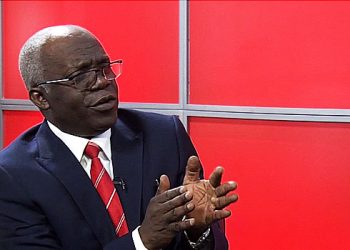The Federal High Court in Abuja has directed the Nigerian Senate to reinstate suspended Senator Natasha Akpoti-Uduaghan, who represents Kogi Central constituency, after ruling that her six-month suspension was excessive and unconstitutional.
Justice Binta Nyako, delivering the judgment, criticized the Senate’s disciplinary action as overreaching and found significant flaws in the legal framework used to justify the suspension. The court identified problems with Chapter 8 of the Senate Standing Rules and Section 14 of the Legislative Houses, Powers & Privileges Act, noting that neither legislation establishes clear limits on how long a serving lawmaker can be suspended.
The court emphasized that lawmakers typically sit for only 181 days during each legislative session, meaning the six-month suspension effectively removed Senator Akpoti-Uduaghan from her duties for approximately 180 days. Justice Nyako argued this duration was tantamount to denying her constituents their constitutional right to representation in the National Assembly.
While acknowledging the Senate’s authority to discipline members who violate rules, the court stressed that any sanctions must be proportionate and not deprive constituents of their democratic rights.
However, the ruling was not entirely favorable to the senator. The court upheld Senate President Godswill Akpabio’s decision to deny her speaking privileges during plenary sessions, ruling that he was within his rights since she was not occupying her officially designated seat at the time.
The court also rejected Akpabio’s argument that the judiciary lacked jurisdiction over what he characterized as an internal Senate matter, asserting its authority to review the case.
In a separate aspect of the ruling, Justice Nyako imposed a monetary penalty on Senator Akpoti-Uduaghan for violating a court order that prohibited public statements about the ongoing case. The court ordered her to publish an apology in two national newspapers within seven days.
The judgment represents a significant judicial intervention in legislative affairs and raises important questions about the balance between parliamentary self-regulation and constitutional rights to representation.

Madukwe B. Nwabuisi is an accomplished journalist renown for his fearless reporting style and extensive expertise in the field. He is an investigative journalist, who has established himself as a kamikaze reporter.

















